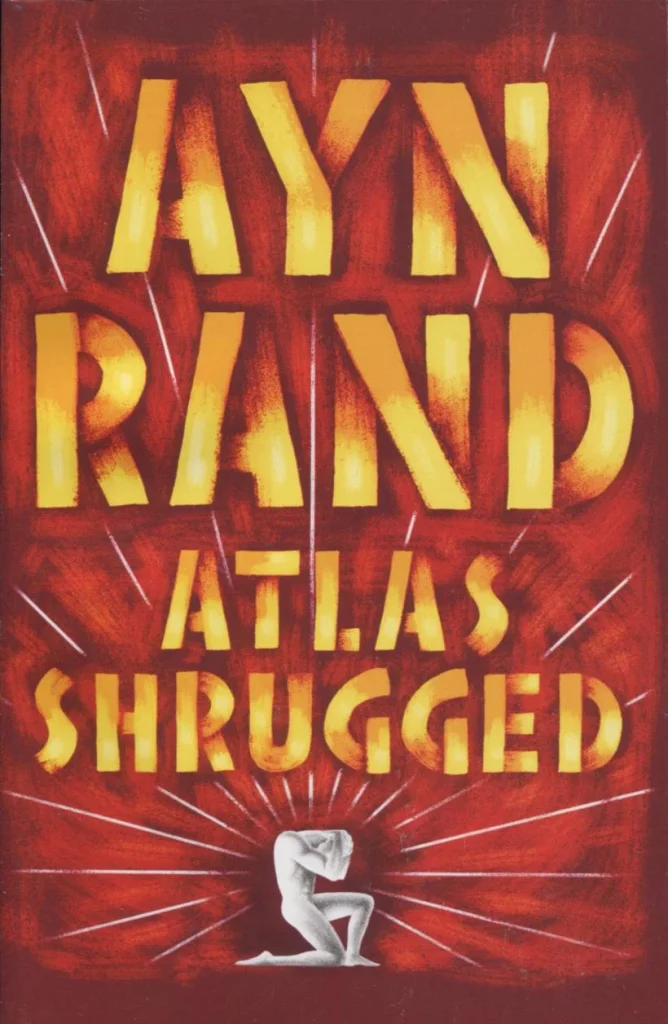Atlas Shrugged is a novel by Ayn Rand, first published in 1957. It is a work of philosophical fiction that explores themes of individualism, capitalism, and the role of government in society. The novel is set in a dystopian United States where the government has taken control of businesses and industries, leading to economic collapse.
Plot Summary:
The story follows Dagny Taggart, the vice president of Taggart Transcontinental, one of the largest railroad companies in the country. Dagny struggles to keep her business afloat as government regulations and corrupt bureaucrats make it increasingly difficult to operate. She is joined by Hank Rearden, a steel magnate who has invented a revolutionary new metal. Together, they fight against the rising tide of socialism and collectivism that is crippling innovation and entrepreneurship.
As the novel progresses, many of the most talented and productive individuals in society begin to disappear, leaving their businesses and industries behind. This phenomenon is orchestrated by John Galt, a mysterious figure who leads a strike of the mind. Galt and his followers, who are the most capable and creative minds in the world, retreat to a hidden valley where they refuse to contribute their talents to a society that punishes success and rewards mediocrity.
Through their actions, Rand explores her philosophy of Objectivism, which advocates for rational self-interest, individual rights, and free-market capitalism. The novel’s title, Atlas Shrugged, refers to the image of Atlas, the titan from Greek mythology who holds up the world. In the book, the question is posed: “What would happen if Atlas shrugged?”—if the most productive members of society stopped carrying the burdens imposed on them.
Key Themes:
- Individualism vs. Collectivism: Rand contrasts the creative genius and drive of individuals with the stifling effects of collectivist government policies.
- The Role of Government: The novel criticizes government intervention in the economy, arguing that regulations and restrictions inhibit innovation and productivity.
- The Morality of Self-Interest: Rand champions the idea that pursuing one’s own happiness and success is morally just, as opposed to self-sacrifice for the “greater good.”
- Capitalism as the Only Moral System: Rand presents laissez-faire capitalism as the ideal system where individuals are free to trade and create without interference from the state.
The novel is widely regarded as one of the most influential works of 20th-century American literature, though it is also controversial for its strong ideological stance. Atlas Shrugged has sparked much debate about its portrayal of capitalism, its rejection of altruism, and its political implications.
